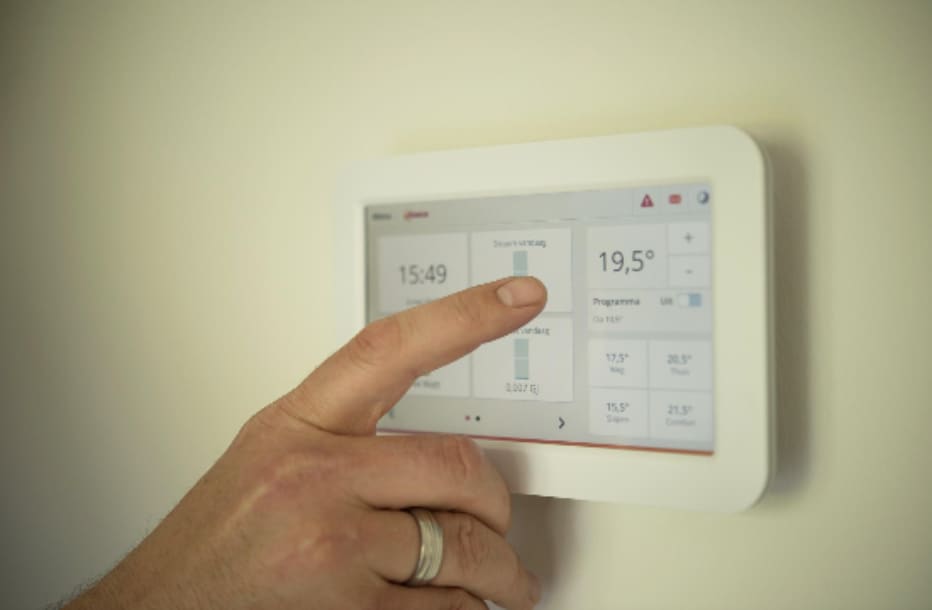5 Energy Saving Tips and Myths21 Jun

As the cost of living and our bills continue to increase, we know that it’s putting pressure on everyone and can be quite a worrying time.
We wanted to share with you some resources that could help to support not only your financial wellbeing but your overall well-being too and helps you save money in the long run on bills.
1. Turn your heating thermostat down.
Money Savings Expert says that for every 1 degree you turn this down, you can expect to cut bills by up to 4% on average for a typical home.
Myth Buster: There is a debate about whether it’s best to keep your heating on low all day, or to put it on when you need it. According to the Energy Saving Trust, the idea it’s cheaper to leave the heating on low all day is a myth. They’re clear that having the heating on only when you need it is, in the long run, the best way to save energy, and therefore money.
2. Change your light bulbs to LED.
LED uses about half the energy of the bigger fluorescent spiral ‘energy-saving bulbs’.
Myth Buster: Some worry that constantly turning lights on and off wastes energy but, according to the Energy Saving Trust, you’re better off turning them off when you leave the room, no matter how long.
3. Turn off appliances at the plug.
According to the Energy Saving Trust, any switched-on device that is plugged in will still use electricity, regardless of whether the device is attached or not.
Did you know… Leaving chargers switched on at the plug will also shorten the life of the charger.
4. Draft-proof windows and doors.
Unless your home is very new, you will lose some heat through draughts around doors and windows, gaps around the floor, or through the chimney.
Here’s a link to more info on DIY draught-proofing
5. Bleed your radiators.
You should bleed your radiators regularly to prevent air from being trapped inside, which will leave cold spots in your radiators. This will make your heating system less efficient, as you’ll be using more energy to heat them sufficiently.
When should I bleed my radiators? You’ll know you need to bleed them if they are taking more time to heat up than usual, you can feel cold patches at the top, or you can hear gurgling noises.
Here’s a link to explain how to bleed radiators safely
If you are looking for help , Citizens advice gives people the knowledge and confidence they need to find their way forward – whoever they are, and whatever their problem, the Money Saving Expert is also a great website to help with money advice with tips and tricks.

